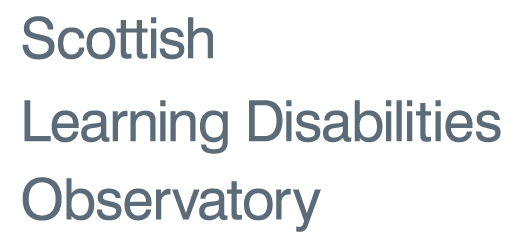Multi-morbidity in adults with autism

Background
Adults with autism may be more likely to experience poorer health than their peers without autism. We aimed to investigate the prevalence of comorbid mental health conditions and physical disabilities in a whole country population of adults aged 25+ with and without reported autism.
What we did
We analysed Scotland’s Census, 2011 data, including 6,649/3,746,584 adults aged 25+ reported to have autism. We investigated the prevalence of six comorbidities: deafness or partial hearing loss, blindness or partial sight loss, intellectual disabilities, mental health conditions, physical disability and other condition. We then calculated odds ratio (95% CI) of autism predicting these comorbidities, adjusted for age and gender; and odds ratio for age and gender in predicting comorbidities within the population with reported autism.
What we found
Comorbidities were common among adults with autism: deafness/hearing loss-14.1%; blindness/sight loss-12.1%; intellectual disabilities-29.4%; mental health conditions-33.0%; physical disability-24.0%; other condition-34.1%. Autism statistically predicted all of the conditions, with odds ratio of 3.3 (95% CI 3.1 to 3.6) for deafness or partial hearing loss, 8.5 (95% CI 7.9 to 9.2) for blindness or partial sight loss, 94.6 (95% CI 89.4 to 100.0) for intellectual disabilities, 8.6 (95% CI 8.2 to 9.1) for mental health conditions, 6.2 (95% CI 5.8 to 6.6) for physical disability and 2.6 (95% CI 2.5 to 2.8) for other condition. Contrary to findings within the general population, female gender predicted higher likelihood of all conditions within the population with reported autism, including intellectual disabilities.
What does this mean?
Clinicians need heightened awareness of comorbidities in adults with autism to improve detection and suitable care, especially given the added complexity of assessment in this population and the fact that hearing and visual impairments may cause additional difficulties with reciprocal communication which are also a feature of autism; hence, posing further challenges in assessment.
The original paper associated with this research can be accessed here. A presentation and easy read document on this project can be viewed by selecting the buttons below
For further information on this project please contact sldo-info@glasgow.ac.uk
Page updated 7th September 2020
